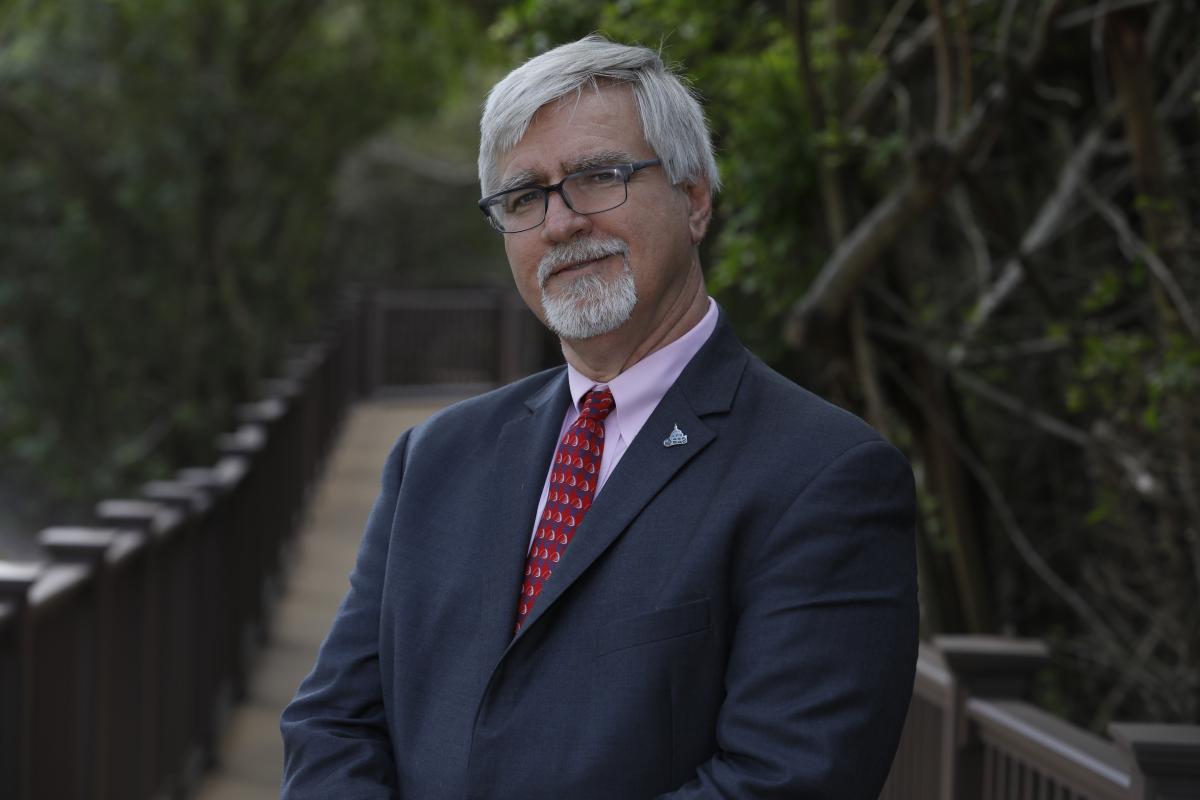 Last week the Employee Benefit Research Institute (EBRI) and Greenwald Research unveiled the findings of the nation’s longest-running survey of its kind—offering a perspective on the nation’s confidence in attaining a satisfying retirement. But what does that tell us, really?
Last week the Employee Benefit Research Institute (EBRI) and Greenwald Research unveiled the findings of the nation’s longest-running survey of its kind—offering a perspective on the nation’s confidence in attaining a satisfying retirement. But what does that tell us, really?
Well, for starters this year’s Retirement Confidence Survey—the 31st iteration[i] of this particular survey—found that, at least generally, people seemed to be feeling pretty good about their prospects; nearly three-quarters of respondents were either somewhat or very confident in their ability to retire comfortably—and retirees were even more confident—and both were more confident, in the aggregate, than a year ago. The survey’s authors characterized the overall sentiment as “resilient.”
In point of fact, the RCS has provided a remarkably optimistic view of retirement—which, more often than not, has stood in some contrast to the wailing and gnashing of teeth of the headline writers of most stories about retirement readiness. There is, at least, some basis for some of that confidence; once again the report found that those who have a plan are more confident than those who don’t, similarly that those who have made some attempt to determine what they’ll need in retirement, as were those who aren’t overloaded with debt. Previous forays have also found that those who work with an advisor are more confident, and indeed, one suspects that there are some overlapping connections—that those with a plan are also more likely to have an advisor, and thus to have made some determination as to their financial needs.
And, particularly in this year of COVID, there was a distinct difference in the perspectives of those whose employment had been affected and those who were spared such impacts. Half of workers who had a negative change in work said that they were either somewhat or significantly less confident as a result of the pandemic, compared with just 24% of those who did not have a negative change.
All in all, I take as a good and positive sign that so many are at least somewhat confident, that most like and appreciate their workplace plans, and that, overall, their future prospects (and, in the case of retirees, their reality) seem good. Particularly in the midst of a global pandemic (though, in fairness, many escaped financial impact, and the markets were certainly, to coin a phrase, “resilient”).
Of course, even in the RCS, there is a real tale of two retirements. For those with a retirement plan, only 12% report less than $10,000 in savings and investments and 39% have $250,000 or more. On the other hand, two-thirds of those without a retirement plan have less than $10,000 in savings and investments, and only 2% have $250,000 or more. Clearly, having access to a plan at work makes a big difference, not only in confidence—but in the rational underpinning of that sentiment.
I’m now close enough in time for the reality of “retirement” to be more than a mental playground. I’ve done the math (several times), and feel that I have more than a “middling” notion of the factors that need to be considered. And yet, were I to be on the polling outreach, I suspect I’d put myself in the “somewhat” confident category. Not because I don’t know where I stand, or for how long I’d likely need to, but mostly because the future is a very uncertain place. Indeed, the RCS has traditionally found that those actually living in retirement are more confident about their financial status, if only because they are actually experiencing retirement. And there’s surely some comfort in knowing that individuals who are currently contending with the financial realities of retirement are confident in their ability to do so.
Despite my earlier caveats, I’m probably 95% confident in my result—but, in my case, that 5% of uncertainty means that I’m attentive to my savings, my investments, and my eligibility for things like Social Security, Medicare and pensions. I’m comfortable with the pieces, but cognizant of the need to pull them all together at some point—and conscious of the vulnerabilities in certain elements (notably Social Security, not so much the funding,[ii] though there’s that, but the diminution due to means testing).
The report described retirement confidence as “resilient”—the ability to withstand or recover quickly from difficult conditions. Reality is hard to glean from subjective assessments like “confidence”—but there’s a fine line between “confidence” and “complacency.”
Should we care about retirement confidence? Well, perhaps not in isolation. Here’s hoping the report of improved confidence doesn’t lure folks into a sense of complacency, but rather encourages them to make sure that their confidence is grounded in reality—and that those who currently lack that assurance take steps to do something about it.
[i] Heck, I’ve even done an April Fool’s post about the RCS.
[ii] Perhaps ironically, a striking new finding in the most recent RCS was a surge in confidence about the sustainability of Social Security and Medicare. Confidence in Social Security continuing to provide benefits of at least equal value to those received today reached an all-time-high among both retirees (72%) and workers (53%), while three in four retirees and nearly six in ten workers are confident that Medicare will continue to offer benefits of at least equal value to those received today, an all-time high since the RCS was first fielded.

